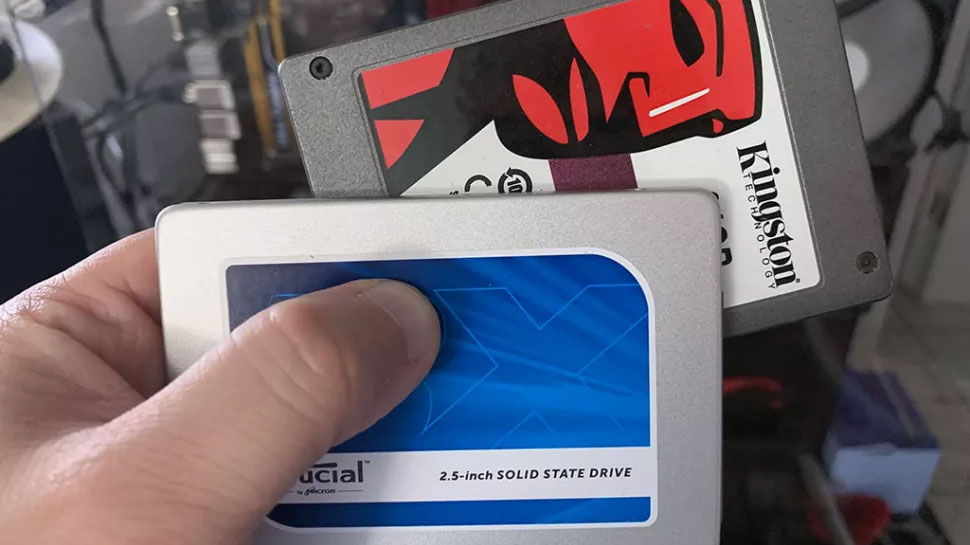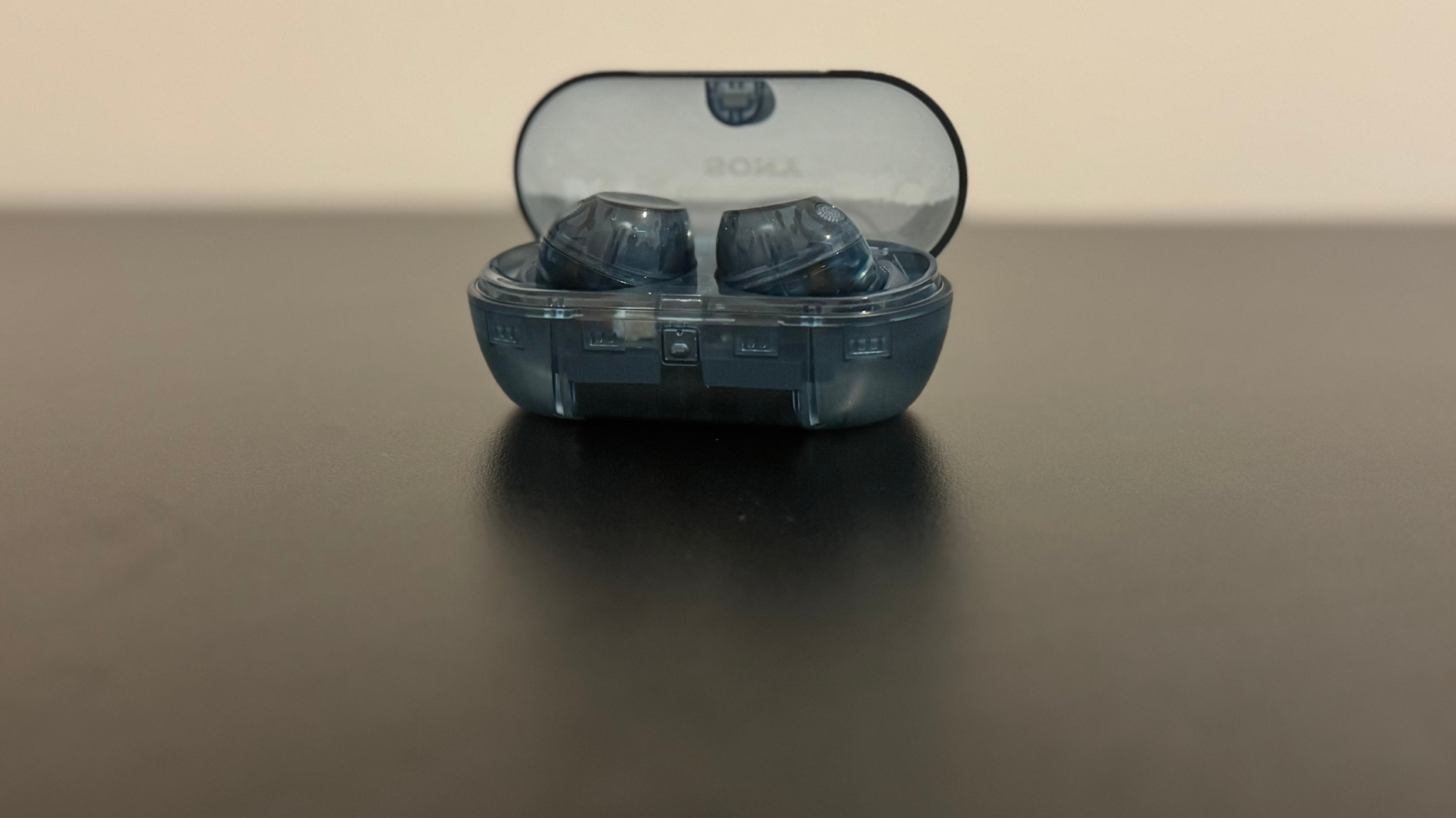Fun fact: SSDs outsold HDDs last year, but not in total capacity
Around 333 million SSDs shipped in 2020, compared to 260 million HDDs.

Outside of the data center, the industry at large is shifting towards solid state drive (SSD) storage, trading capacity for speed, new research suggests. This is evidenced by SSDs outselling hard disk drives (HDDs) by 28 percent in 2020.
That's according to the latest data compiled by Trendfocus (via StorageNewsletter), which noted a 6 percent jump in SSD shipments during the fourth quarter of last year, to 87 million units. The strong finish helped SSDs leapfrog HDDs in full-year shipments, with around 333 million SSDs sold in 2020 versus around 260 million HDDs.
Client (or consumer) SSD sales were the main driving force. For whatever reason, enterprise SSD shipments plunged by 31 percent in the fourth quarter, and shipments of PCIe SSDs to enterprise customers fell for the third straight quarter. The report does not provide a ton of details on the decline, saying only "elevated inventories and reduced demand" played a role.
As much as consumers have embraced the speedier storage medium, HDDs are not dead. Far from it, the value proposition for bulk HDD storage is not something SSDs can touch, and that is reflected in the capacity breakdown between the two storage options. Even though SSDs held a 28 percent shipment advantage in 2020, HDD shipments accounted for five times more capacity, at over 1 zettabyte compared to 207 exabytes (there are 1,000 exabytes in a 1 zettabyte).
Nevertheless, SSDs are narrowing the gap. It wasn't that long ago when 128GB SSDs were frustratingly all-too-common among prebuilt desktops and laptops. These days a 256GB SSD is considered skimping, and many systems ship with 512GB or higher capacity drives. This is somewhat represented (indirectly) by the report's data, as doing some quick math reveals the average capacity to be 0.62 terabytes.
Not by coincidence, this likely means most SSDs shipped in 2020 were 512GB and 1TB models. There are other possible breakdowns that could arrive at the same average capacity, but based on what we've seen, this seems to be the more likely scenario.
The champion of this shift is the declining cost of NAND flash memory—SSD shipments accounted for 45 percent of all NAND flash chip shipments, according to the report. As a result, you can find a 512GB SSD for around $50 nowadays, and a 1TB SSD for less than $100. Faster models command higher prices, obviously, but even a SATA SSD offers a significant speed boost over an HDD.
Keep up to date with the most important stories and the best deals, as picked by the PC Gamer team.
Paul has been playing PC games and raking his knuckles on computer hardware since the Commodore 64. He does not have any tattoos, but thinks it would be cool to get one that reads LOAD"*",8,1. In his off time, he rides motorcycles and wrestles alligators (only one of those is true).


